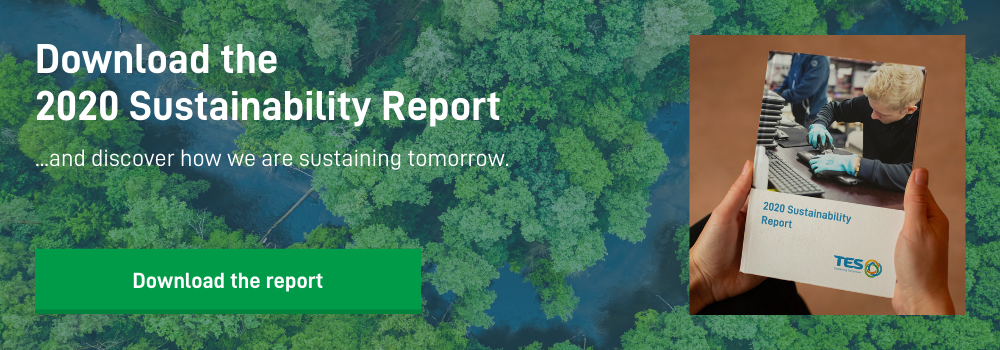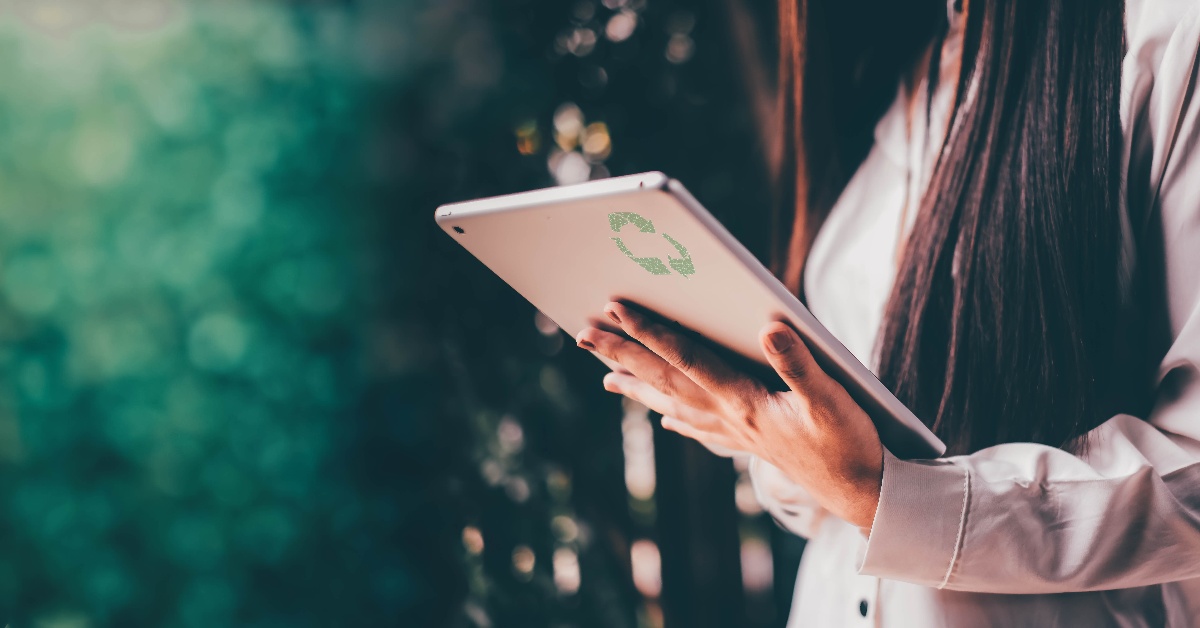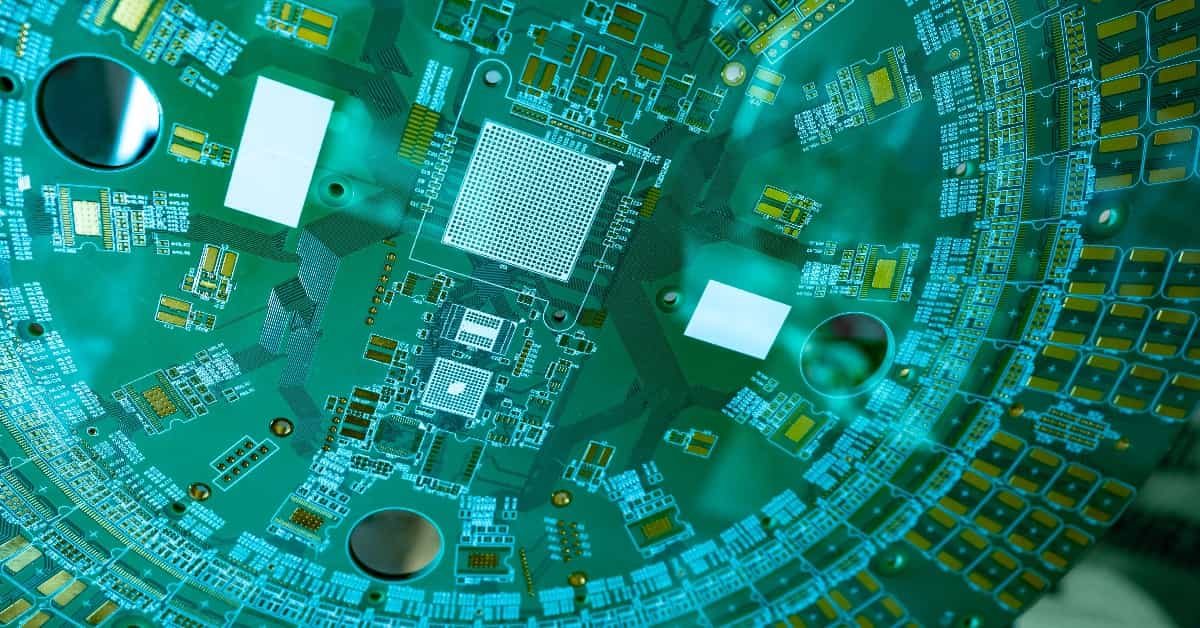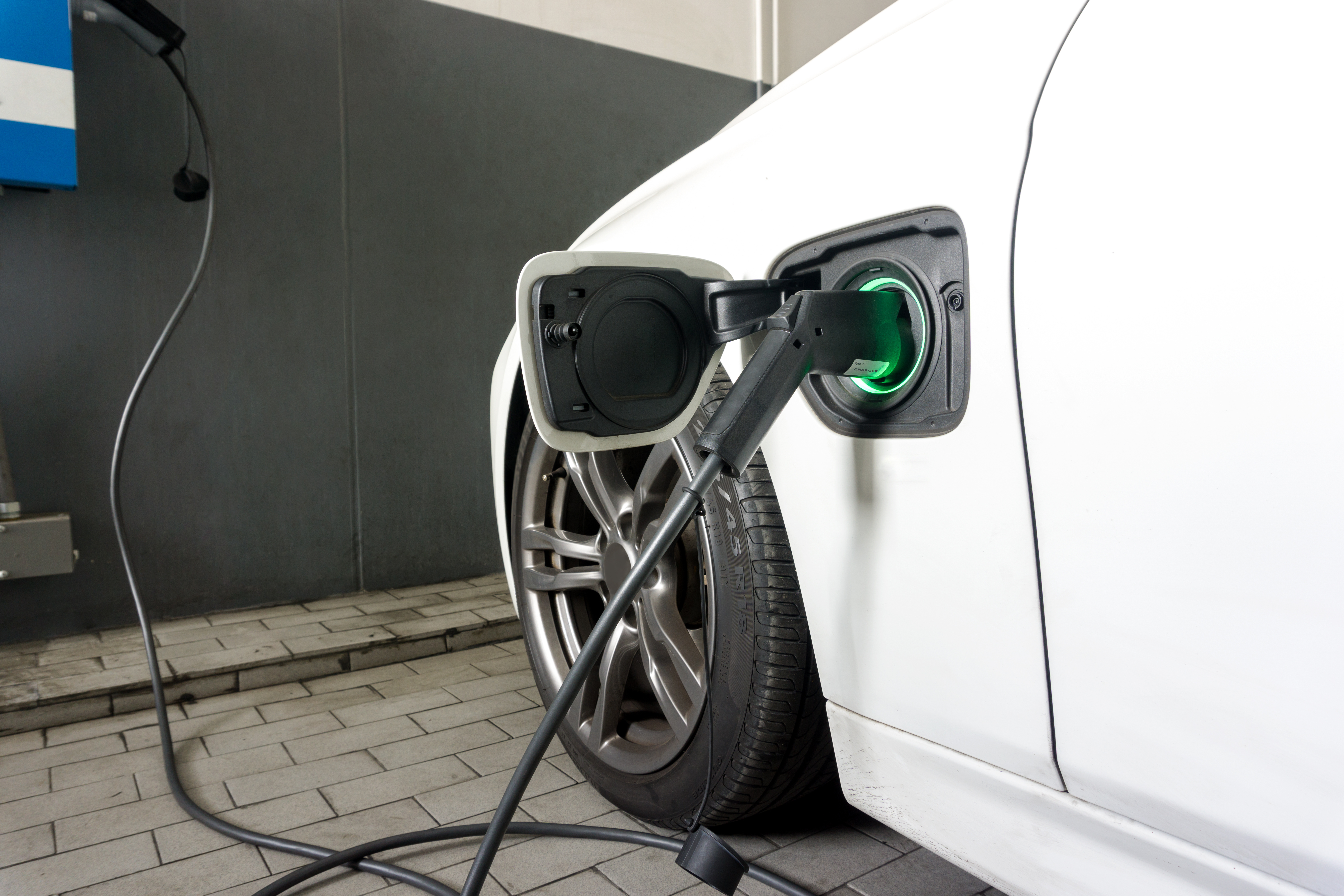In our previous blogs, ‘Sustainable economies: What have we learned’ and ‘Sustainable economies: Building a more sustainable business’, we explored the current state of our economy in terms of sustainability and how businesses can place sustainability at their core.
In this latest blog, we are keen to share more about the business case of a sustainable economy and how SK tes is approaching sustainable change.
- Sustainable business as usual
- What we are doing at SK tes
Sustainable business as usual
The transcendence of business as usual into sustainable business as usual is critical for humankind and the planet. It’s achieved through a focus on a larger purpose to look after the hearts and minds of all stakeholders. Great companies such as IKEA and Patagonia have shown how operating with purpose has been good business.
The latter’s famous “Don’t Buy This Jacket” campaign and their “The Common Threads Initiative” asks customers to buy only what they need, repair what breaks and re-use or recycle everything else. This highlights their eco-friendly ethos which, contrary to commercial logic, has created indelible loyalty and increased their company value.
The big opportunities don’t lie in designing and building a more powerful internal combustion engine or more products made that are just wastes in transit. According to the World Economic Forum’s 2020 ‘Nature Risk Rising’ report, “more than half of the world’s total GDP is moderately or highly dependent on nature and its services and is therefore exposed to nature loss.”
This roughly equates to $44 trillion of economic value generation. Sustainability products and services that future proof our mutual individual and corporate existence, that tackle climate change, that deal with the pandemic present the best chance for long term success.
It’s unprecedented that almost every business has had to pivot in order to survive. Take commercial real estate and how it’s changing to match supply with demand, reflecting the known reality of the unsustainability of the shift in retail and the evolution of the way people work enabled by a faster internet and cloud computing all catalysed by the advent of the pandemic.
We need to be looking wider, beyond quarterly sales cycles to consider what we do when the next pandemic happens or how we will tackle man-made threats such as cybersecurity, climate change, exploitation in the supply chain and over consumption if we are to be resilient.
What are we doing at SK tes
So what are we doing about it? At SK tes, it starts with aligning with our vision and purpose. We want to be global sustainability leaders. Our mission is to make a decade of difference to securely, safely and sustainably transform and re-purpose one billion kilograms of assets by 2030.
To us, it’s about protecting, providing and preserving – our version of taking care of people, planet and profit. We achieve our 3Ps and vision, purpose and mission by focussing plans and actions in 12 areas.
- Data security
- Ethics and governance
- Business sustainability and thought leadership
- Responsible supply chain
- Extending life
- Waste management
- Transparency and accountability
- Natural resource use
- Engaging, developing and motivating our people
- Health and safety
- Diversity and inclusion
- Community engagement
Beyond our mission, plans and strategies, we appreciate that there’s a greater ability to influence our industry, society and the world to preserve financial, social and environmental capital.
We are joining the chorus of responsible organisations that are doing something about creating a better tomorrow and setting our agenda and targets to advance the United Nations Sustainable Development Goals and the UN Global Compact. The journey of communicating these plans and actions has been underway since 2019, with the publishing of our first sustainability disclosure report - with more “good” news to share in 2021.
Through investments in extending global facilities and expanding end-to-end capabilities we are partnering with customers to deliver circular outcomes for hazardous materials and scarce resources by refurbishing and recycling IT and extending the life of used electric vehicle batteries in energy storage applications.
COVID-19 has enabled everyone to stop and switch focus onto things that should matter in a larger context, beyond normal everyday routines. The ideas and initiatives that flow don’t need to be revolutionary, like methane-eliminating seaweed animal feed or producing carbon negative cement. It starts with a thorough grasp of a problem and amongst other things:
- Creating goals and executing plans to achieve them.
- Incorporating sustainable thinking into decision making.
- Restructuring supply chains to reduce impact and demonstrate responsibility.
- Identifying the areas of procurement which can be improved upon.
- Evangelizing staff in order to drive better business decisions and secure buy-in.
- Working with organizations that are transparent about work and their footprint.
- Improved data security, corporate governance, labor practices, employee engagement and compliance.
Only by protecting, preserving and providing can we ensure that potentially catastrophic risks such as the loss of markets, customer loss, decline in share price, reputation and financial loss, stranded assets and disruption to society is mitigated. There’s no better time than the present to begin shaping a better world for future generations.
Explore the SK tes sustainability report today
We’re committed to contributing to an increasingly circular economy, innovating our methods to achieve greater sustainability. Our report collates performance data from our 37 operation sites, spanning 20 countries across the globe and sets a baseline for continued sustainability within our services.
To see exactly how we commit to sustainability and our achievements in the arenas of ethics, environmental protection, data security and contributions to a circular economy, simply follow the link to download your copy.

